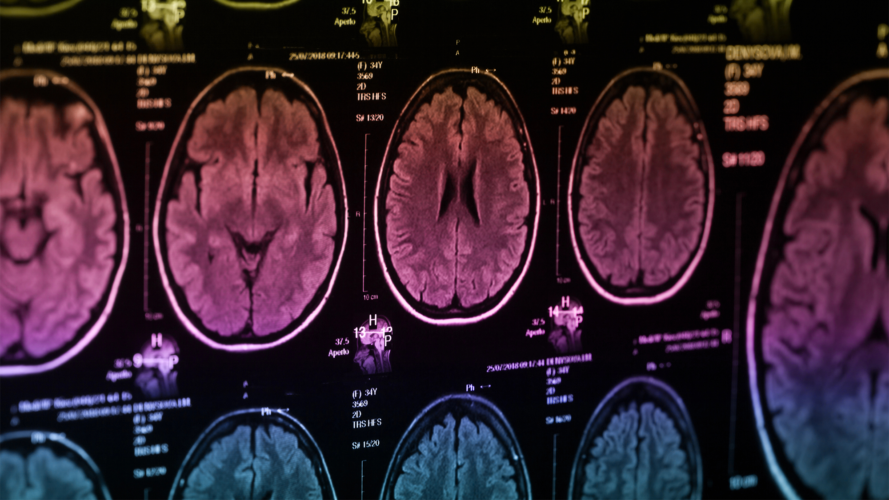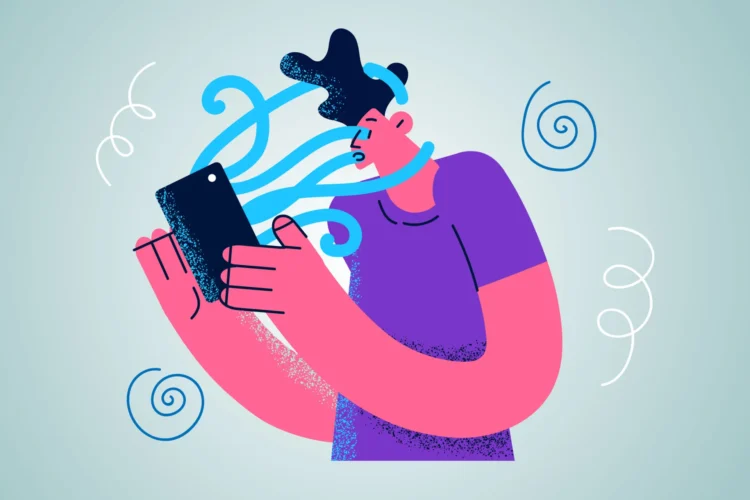Semana 49
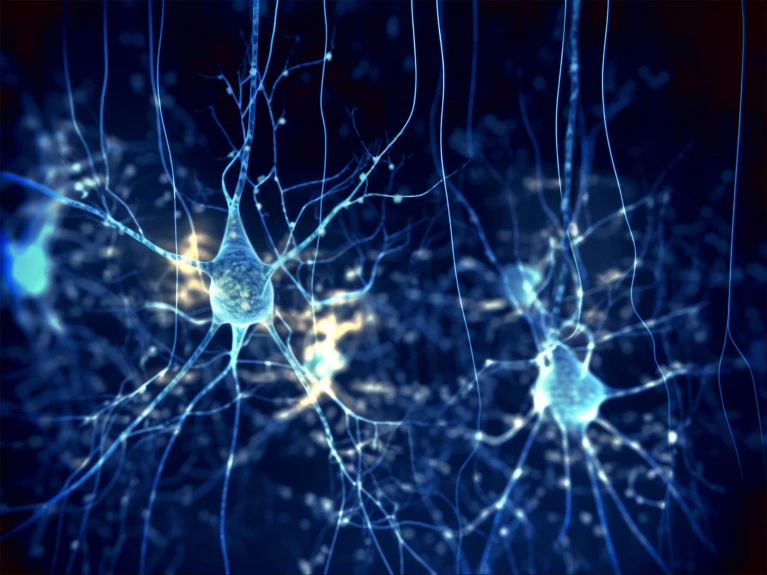
Stress can dull our capacity for joy: mouse brain patterns hint at why
Scientists pinpoint brain circuits linked to either resilience or vulnerability to adversity, which affect a stressed animal’s pursuit of pleasure.

Science could solve some of the world’s biggest problems. Why aren’t governments using it?
A Nature global survey finds that most specialists are unhappy with systems to provide science advice to policymakers.
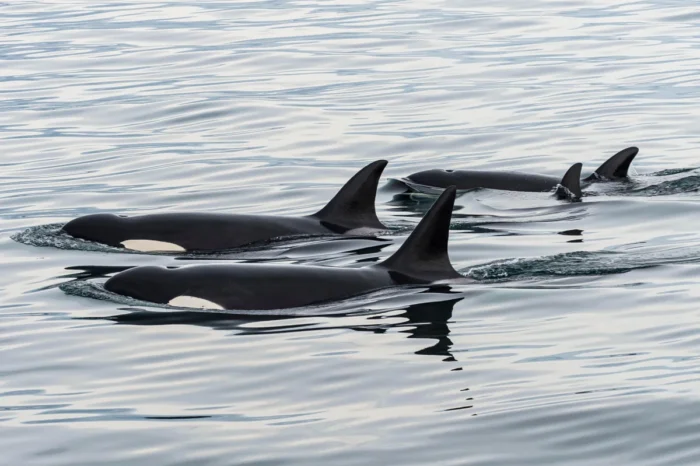
For Orcas, Dead Salmon Hats Are Back in Fashion after 37 Years
Orcas off the coast of Washington State are balancing dead fish on their heads like it’s the 1980s, but researchers still aren’t sure why they do it
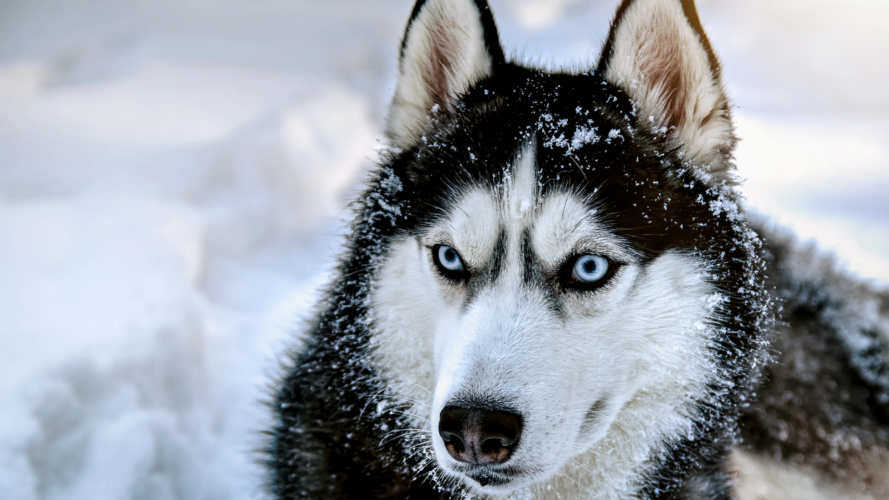
Humans gave dogs treats 12,000 years ago, new archeological evidence suggests
According to canine remains in Alaska, the human-dog bond is older than scientists thought.
